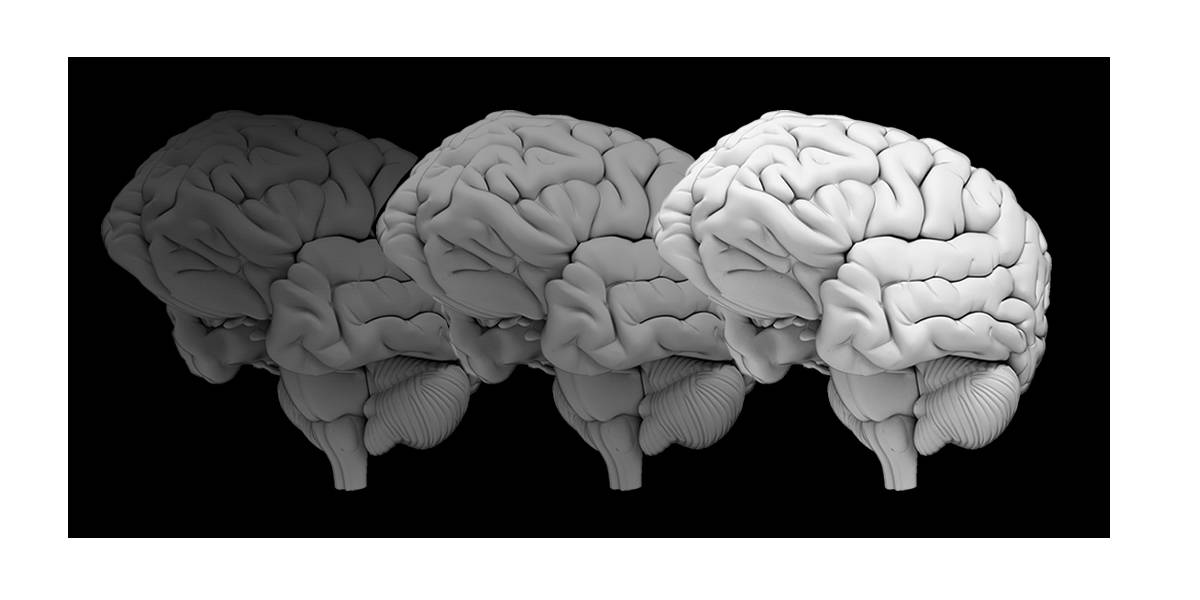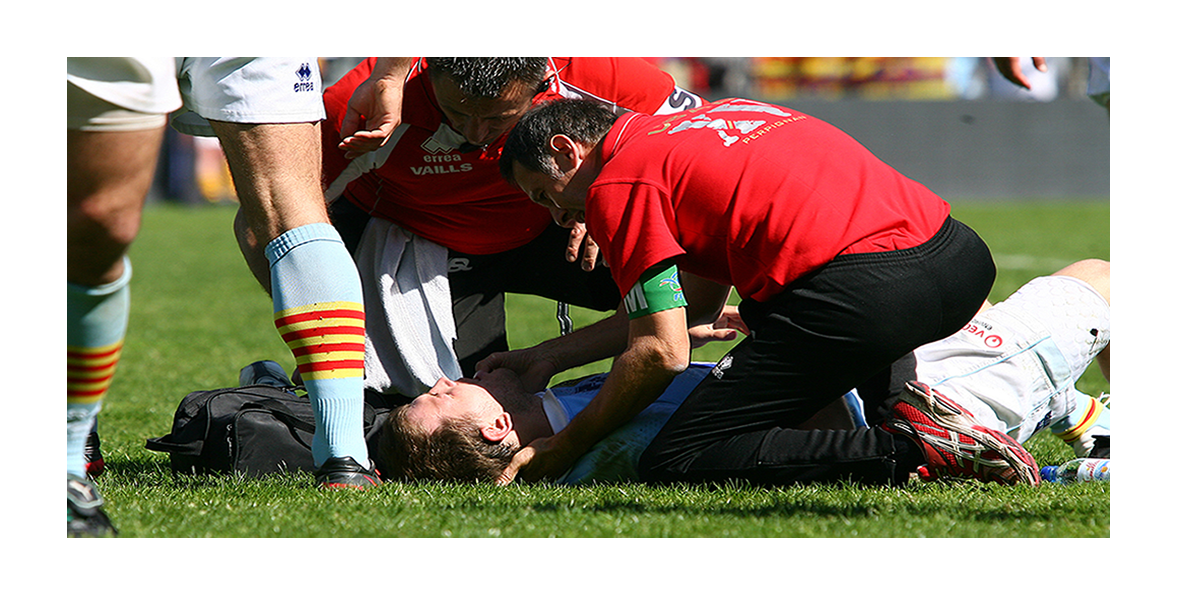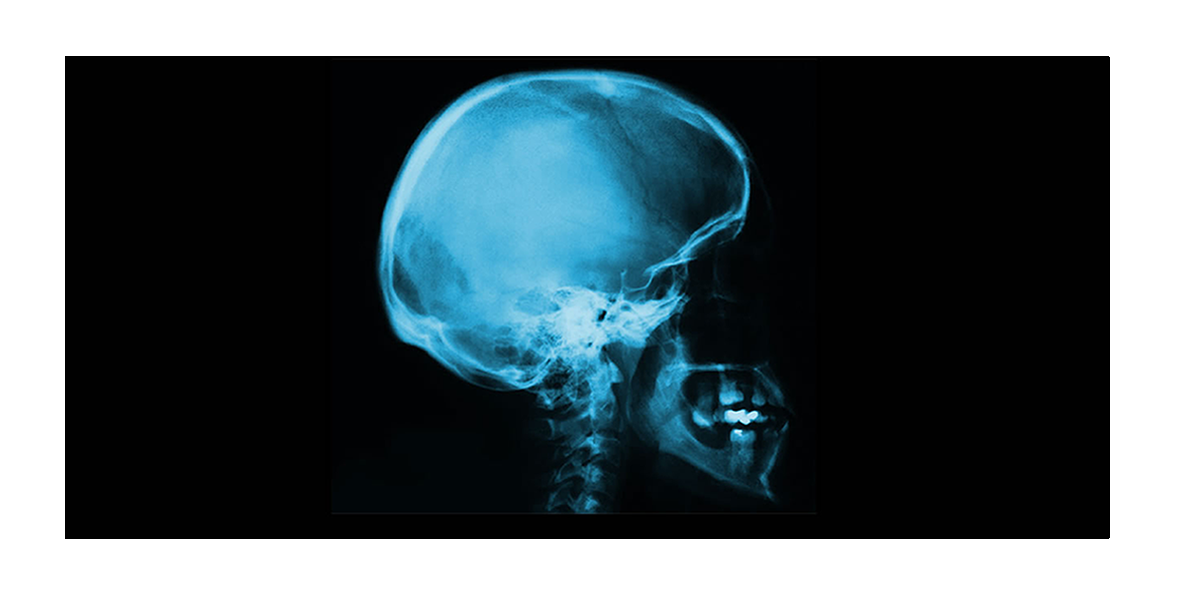When an open head injury occurs, pieces of bone or cerebrospinal fluid may enter the substance of the brain and significantly damage the tissue. The chances of infection are also high. Fortunately, open head injuries are typically diagnosed and treated immediately.
Considerable local damage can occur in the area of the brain immediately below the impact area, as well as more widespread damage.
A large number of secondary complications may occur including: haemorrhage (bleeding), haematoma or blood clot, raised intracranial pressure, hypoxia (loss of oxygen), brain swelling and post-traumatic epilepsy. Such complications require close monitoring and medical management.
© 2008 BIC






